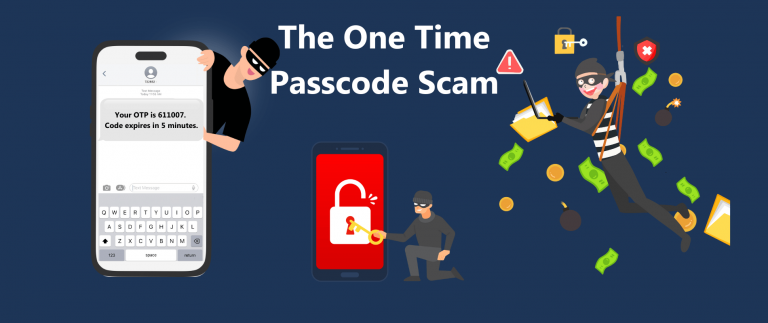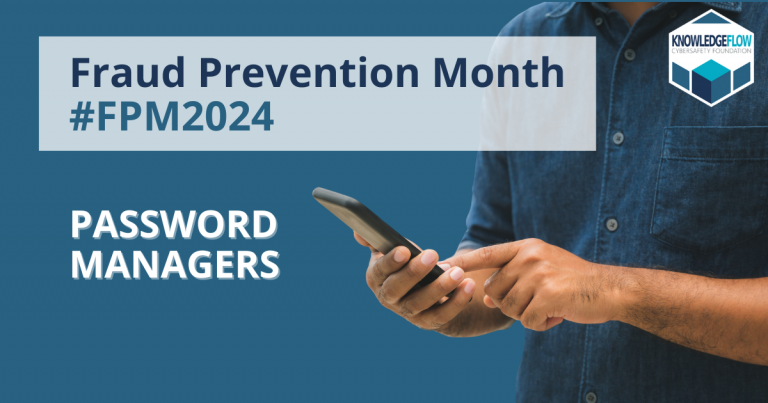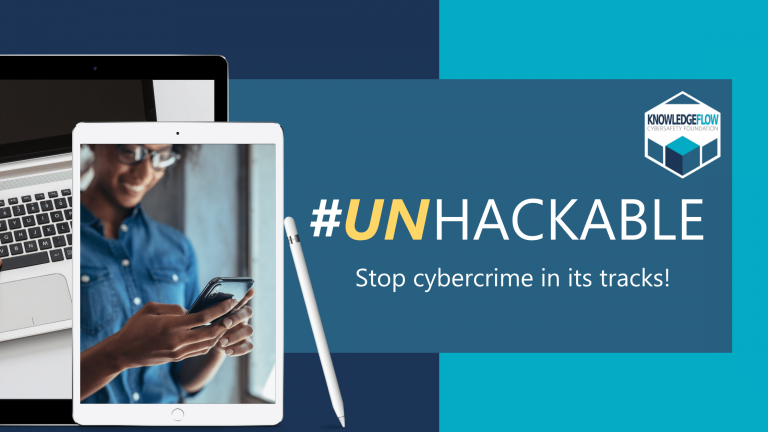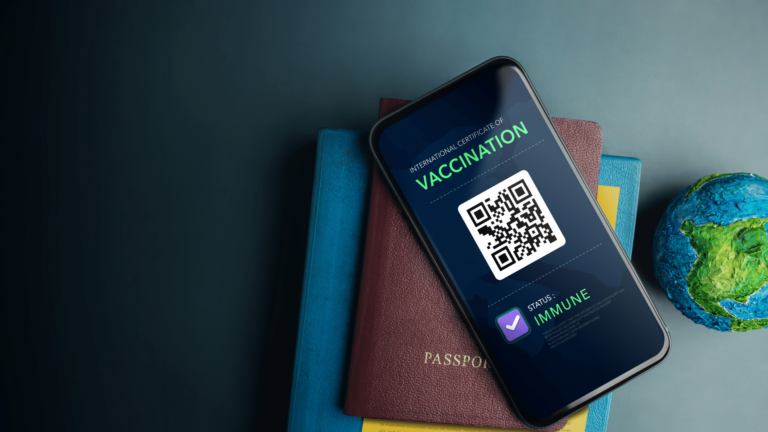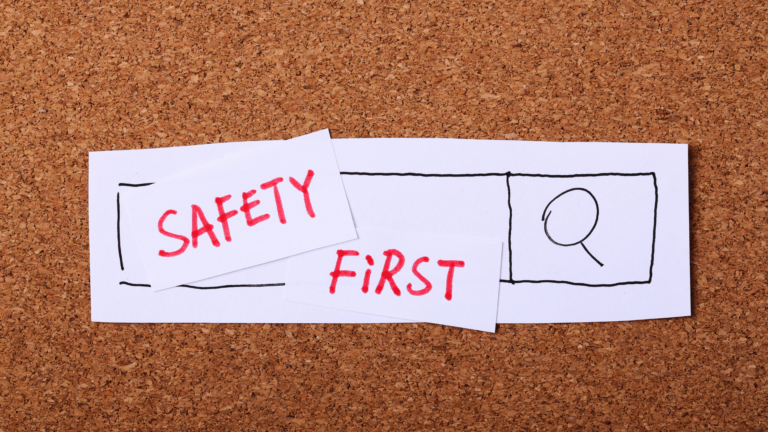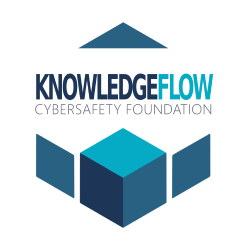International Fraud Awareness Week: Top 5 Fraud Resources
International Fraud Awareness Week (IFAW) is a global initiative that aims to raise awareness and educate people about the risks and impacts of fraud. Fraud negatively impacts individuals, businesses, governments, and society. According to the Canadian Anti-Fraud Centre’s (CAFC) 2021 annual report, fraud and identity theft crimes are rapidly growing, with individual losses estimated at $165 million in 2020. In 2021, that estimate jumped to $379 million, more than double the 2020 estimate!
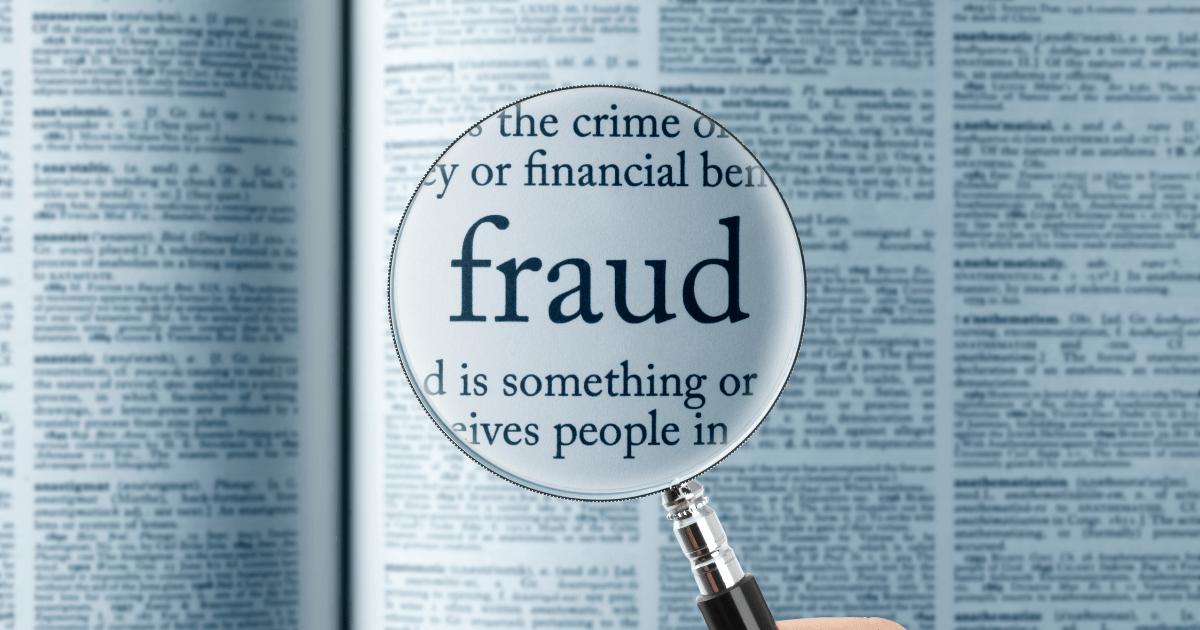
What is International Fraud Awareness Week?
First started by the Association of Certified Fraud Examiners (ACFE) in 2000, International Fraud Awareness Week (IFAW) has since evolved into a global movement engaging thousands of organizations annually. During the third week of November each year, International Fraud Awareness Week supporters pledge to spread fraud awareness in their companies and communities, orchestrating activities and events to promote the importance of fraud prevention and detection.
the KnowledgeFlow Fraud Fighter Challenge!

IFAW is a great initiative to promote fraud awareness and prevention, but fraud fighting is a year-round commitment, not just a trend. The fight against fraud isn’t just for professionals, anyone can become a fraud fighter by actively combating fraud daily. To celebrate and kickstart your fraud-fighter journey, we’ve compiled 5 of our favourite fraud-awareness resources into a week-long challenge. Each day this week, review our highlighted resource and share it with a friend, family member, or colleague. Anyone you want to help stay safe against fraud!
Monday
Newcomers to Canada are often targeted, as fraudsters take advantage of their limited familiarity with Canada to victimize them. Our Newcomer’s Guide to Preventing Scams and Fraud explores the six types of scams that commonly target newcomers, offers tips on spotting, avoiding, and reporting scams and fraud, and provides information on support services available.
The Newcomer’s Guide To Preventing Scams And Fraud – KnowledgeFlow Cybersafety Foundation
Tuesday
Fraud appears in all different shapes and sizes, making early detection a crucial step in its prevention. Elevate your fraud-detection skills by enrolling in the KnowledgeFlow Cybersafety Academy, the home of our FREE training and awareness courses designed to make you #UnHackable. Complete our FREE Cybersafety for Everyone series which includes 3 courses: Protect your Accounts, Protect your Devices and Scams: Spot Them and Stop Them – a fitting course for this week!
Cybersafety Academy – KnowledgeFlow Cybersafety Foundation
Wednesday
Fraudsters and their scams become more sophisticated as they hone their skills. Personal information such as your name, address, or phone number are used to lower your guard while fraudsters impersonate legitimate authority figures. Our “The Fraud Department Call” Scam Example – KnowledgeFlow Cybersafety Foundation resource will walk you through one of the most common forms of fraud today and how to protect yourself and your loved ones.
“The Fraud Department Call” Scam Example – KnowledgeFlow Cybersafety Foundation
Thursday
Like the department call scam, fraudsters pose as authority figures and use your personal information to lower your defenses. Be skeptical of texts or emails claiming that your subscription has been renewed or that there are problems with your payment. Links may lead to fraudulent websites, and attachments may contain malware. Use our The Fake Invoice Scam – How To Spot It And Stop It resource as your guide to detecting and preventing this common scam.
The Fake Invoice Scam – How To Spot It And Stop It – KnowledgeFlow Cybersafety Foundation
Friday
Caller ID has provided extra security for a long time, but that is no longer true. Unfortunately, fraudsters can easily spoof caller ID and impersonate any phone number or organization, no matter what type of phone you use. While you might be tempted to trust a call from the Canadian Revenue Agency, you cannot be sure it is legitimate. Check out our Caller ID Spoofing resource, and watch our founder Claudiu Popa talk Caller-ID spoofing on CTV’s Consumer Alert!
Scammer Trick: Caller ID Spoofing. Why You Can No Longer Trust Your Call Display – KnowledgeFlow Cybersafety Foundation
Join the Fight: Empower Yourself to Prevent Fraud during IFAW!
IFAW is a great opportunity to learn, share, and act against fraud. By participating, you can make a difference in your organization, community and family. Show your support by participating in the KnowledgeFlow Fraud Fighter Challenge, and use #UnHackable on social media to share what you learned this week!

